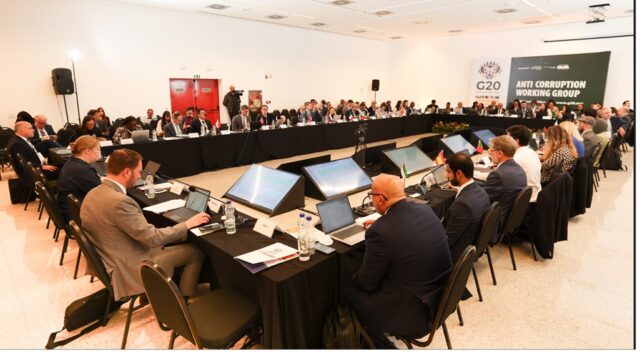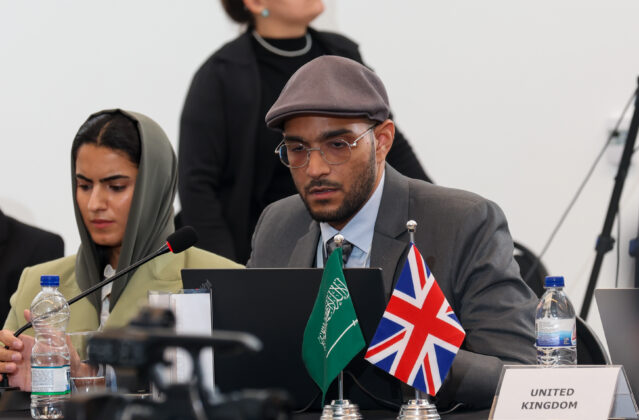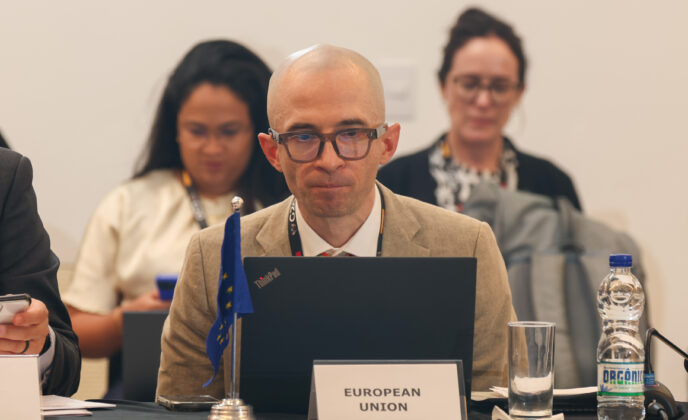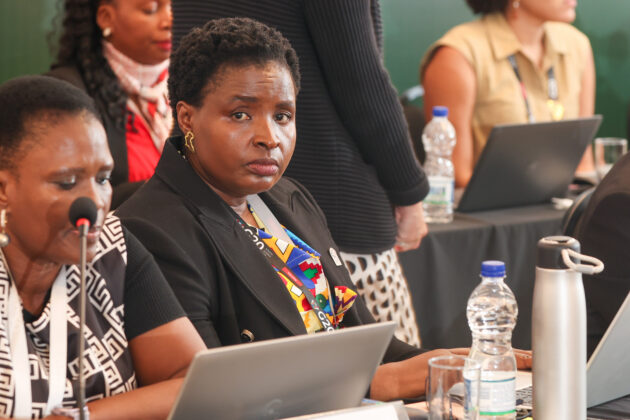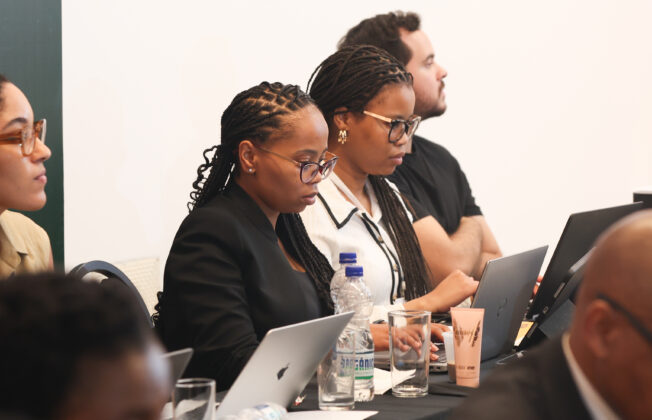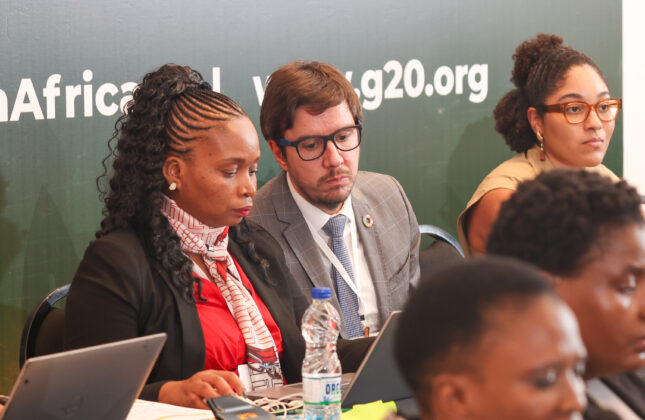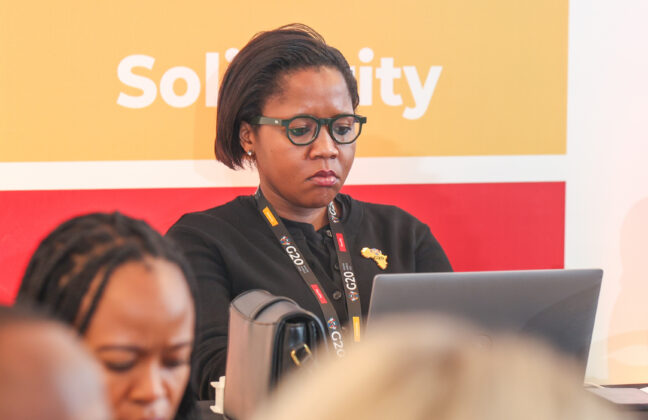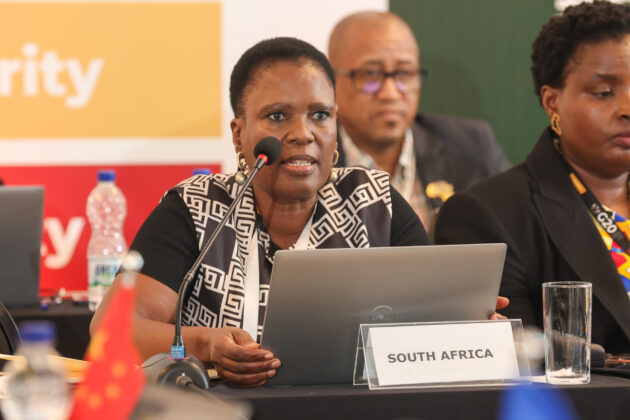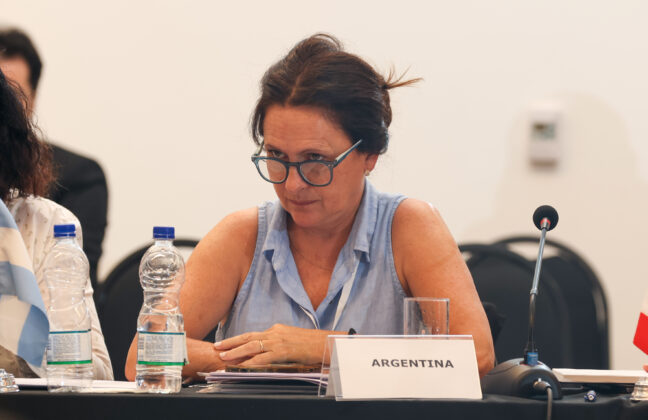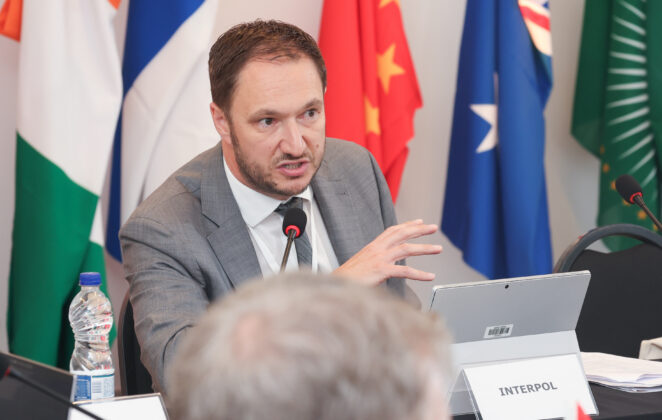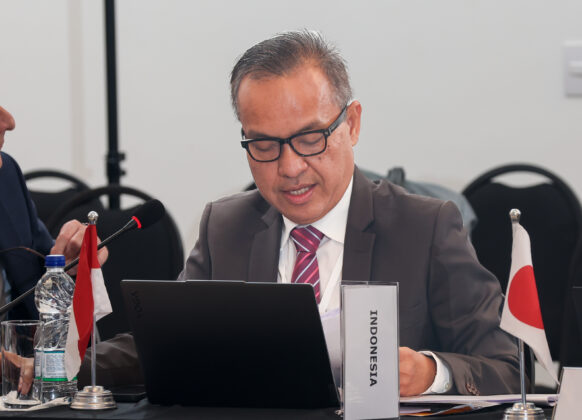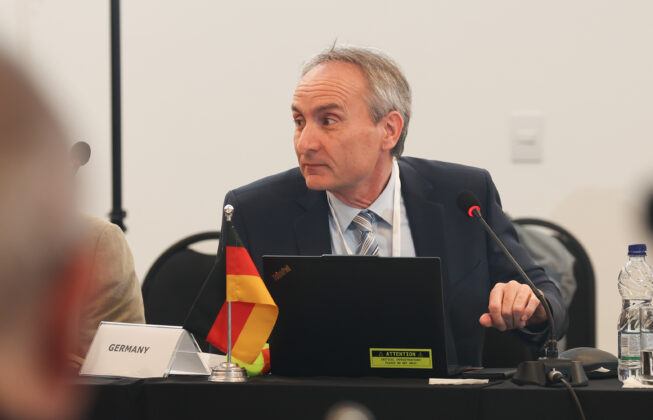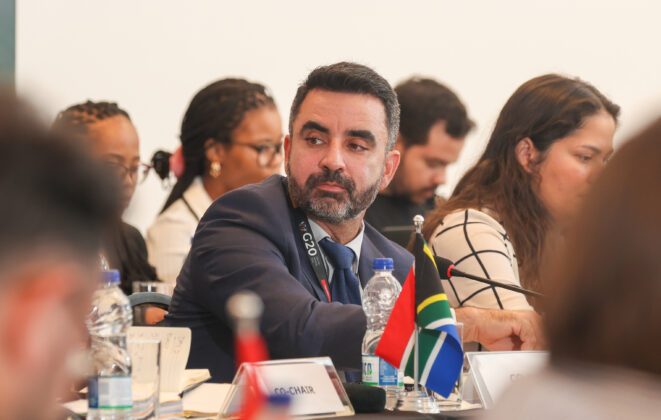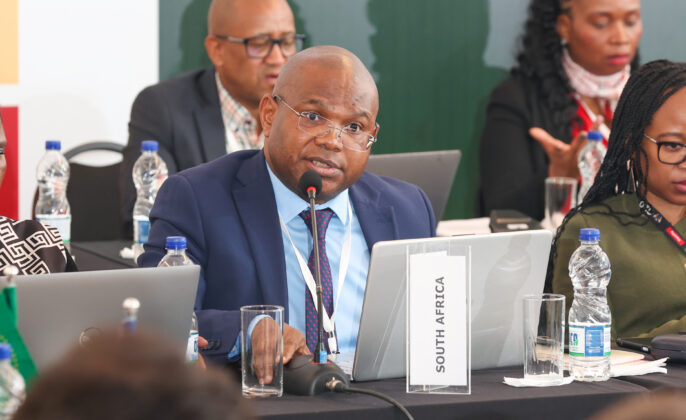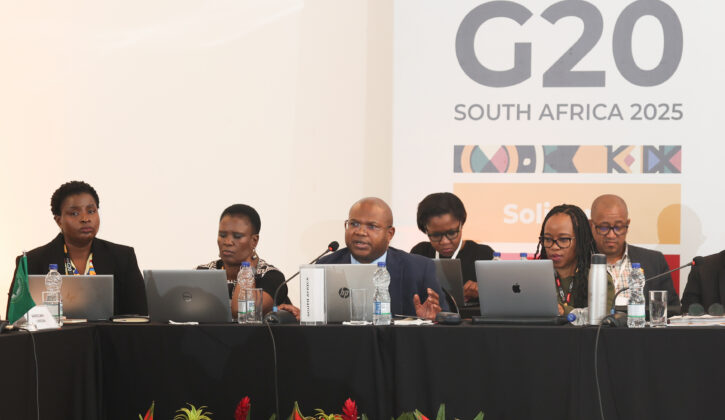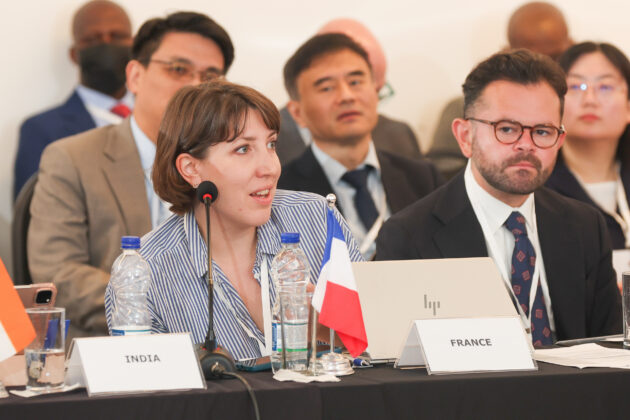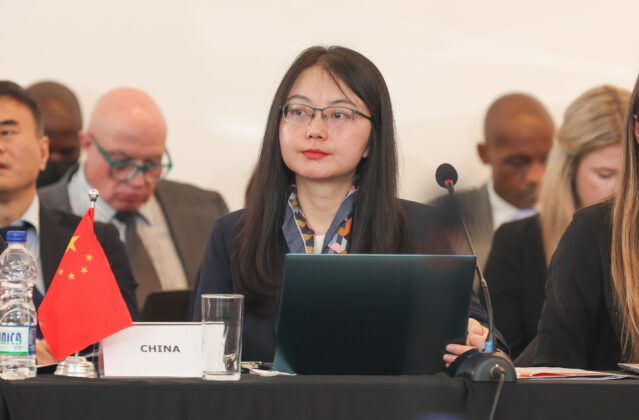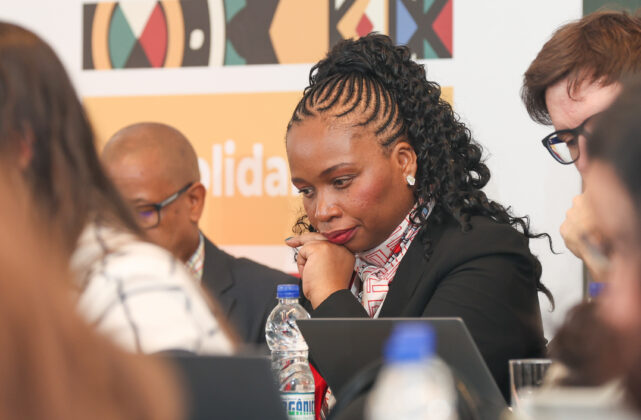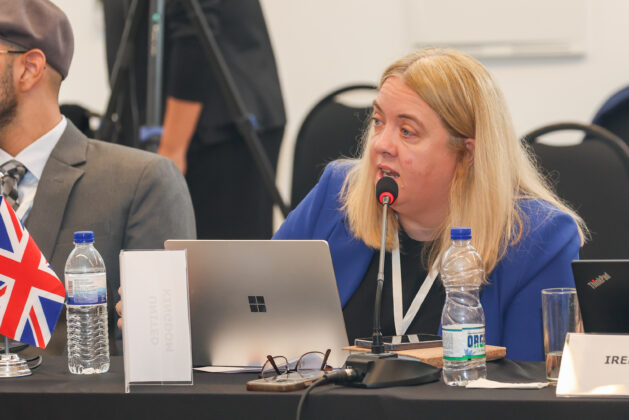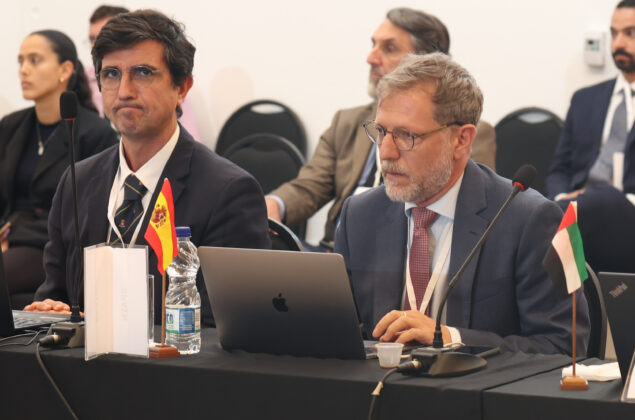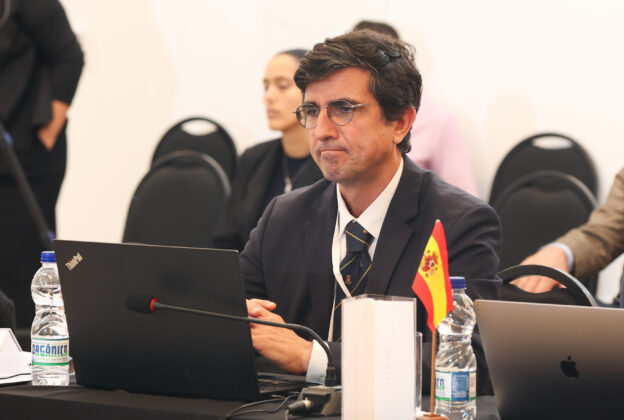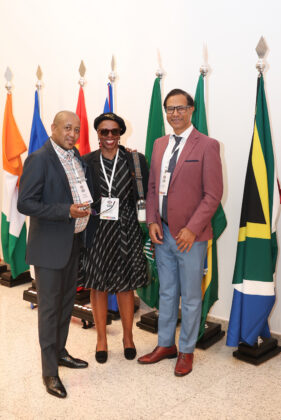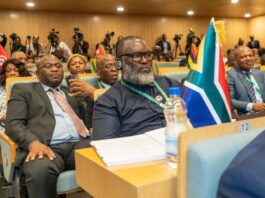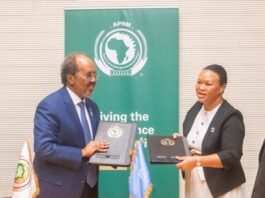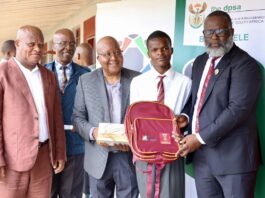Brasilia, Brazil Day 2—In the eighth annual joint session held in Brasilia, the G20 Anti-Corruption Working Group (ACWG) and the OECD Working Group on Bribery convened to tackle pressing issues surrounding foreign bribery and anti-corruption efforts and share experiences and good practices.
Speakers included OECD Deputy Secretary-General Marybeth Goodman and Kathleen Roussel, Chair of the Working Group on Bribery. The meeting emphasized the urgent need for enhanced integrity and collaboration among member nations.
The session opened with a stark warning from Deputy Secretary-General Goodman regarding the deteriorating global economic landscape. She cited a decline in OECD economic growth projections from 3.3% in 2024 to 2.9% for both 2025 and 2026. (Source OECD (2025), OECD Economic Outlook, Volume 2025 Issue 1: Tackling Uncertainty, Reviving Growth, OECD Publishing, Paris) The OECD’s latest assessment highlighted the importance of governments engaging in constructive dialogue to address trade-related challenges amid rising economic uncertainties.
A critical focus of the meeting was promoting integrity within law enforcement agencies tasked with combating foreign bribery. Deputy Secretary-General Goodman highlighted the necessity for transparency and accountability, urging member nations to share best practices and strategies that bolster the credibility of these institutions.
The role of whistleblowers was also spotlighted as essential in effectively tackling foreign bribery. Deputy Secretary-General Goodman noted the often-insufficient protections and unclear reporting mechanisms that deter potential whistleblowers. The session welcomed South Africa’s focus on this issue as the G20 Presidency in 2025, aiming to revitalize efforts in implementing robust whistleblower protections aligned with international commitments, including under the 2019 G20 High-Level Principles, the OECD 2021 Anti-Bribery Recommendation, the UNCAC, and UNCAC CoSP Resolution 10/8.
Both Deputy Secretary-General Goodman and Chair Roussel stressed the need for G20 and OECD countries to effectively fight foreign bribery, including through the criminalisation of this offence by all G20 countries and by encouraging the G20 to continue engaging with the OECD Working Group on Bribery in this effort. Chair Roussel pointed out that foreign bribery is a global issue impacting both providers and recipients of foreign direct investment. The session called for continued collaboration to strengthen the global anti-corruption framework, including through engagement with the Working Group on Bribery and alignment with the OECD Anti-Bribery Convention.
The session also celebrated Indonesia’s formal request to join the OECD Anti-Bribery Convention, marking a significant step in the collective fight against corruption. Discussions included the potential accession of other countries to the OECD Anti-Bribery Convention, such as Ukraine, Mauritius, Thailand, and Saudi Arabia, highlighting the growing momentum for reform and compliance with international standards.
Looking forward, Chair Roussel expressed optimism about the next joint session, hoping to report on progress made in addressing foreign bribery. The need for effective monitoring of the OECD Anti-Bribery Convention’s implementation was emphasized, with a call for lessons learned from the ACWG’s experiences.
The joint session of the G20 ACWG and OECD WGB served as a vital platform for addressing the interconnected challenges of corruption and foreign bribery. As member nations prepare for future discussions, the commitments made during this session will be crucial in shaping a more transparent and accountable global economic environment, ensuring that integrity and sustainability remain at the forefront of international priorities.

